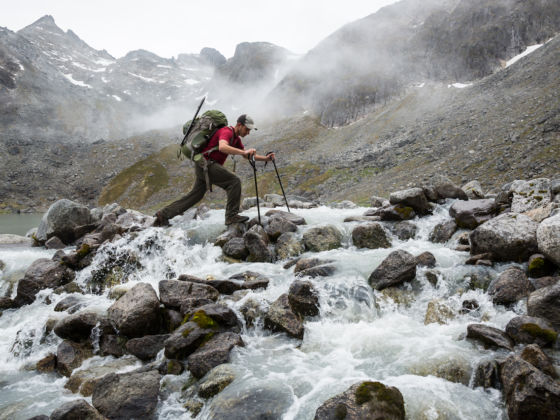“Up top,” the old man said. He demonstrated, opening wide to reveal his tongue touching the roof of his mouth. “Easy, see?”
Sure. Already the tiny hut was hot. We sat in a half circle around the rusted oil drum, five Americans and the old Aleutian. Inside the drum a fire torched, causing sweat to run down our naked torsos. A rough ceiling hung inches overhead. Heat and sweat.
